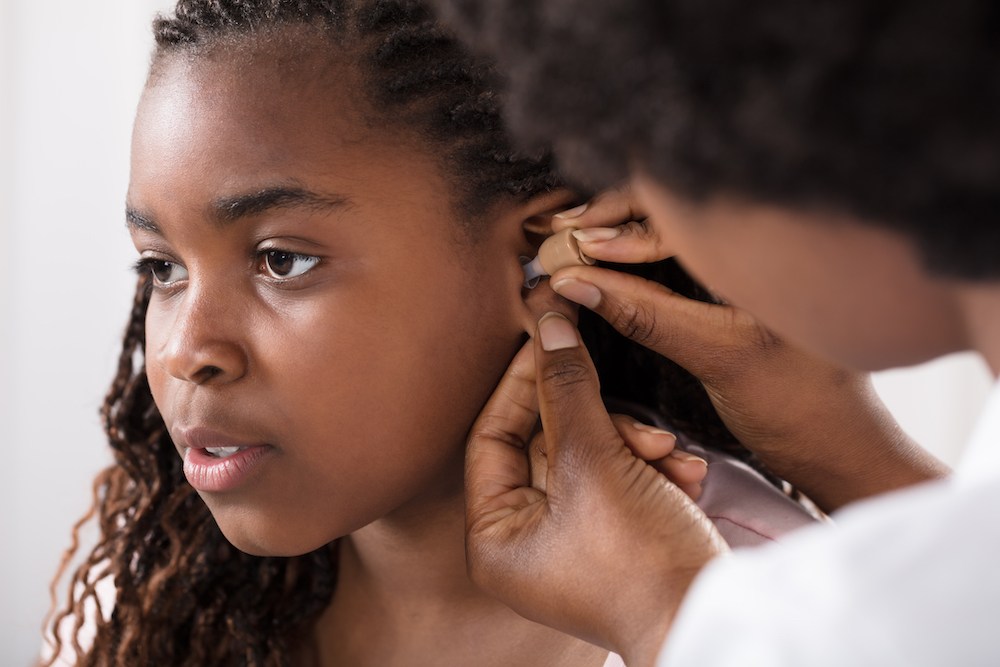What Young Adults Should Know About Hearing Protection
Hearing protection might not be something most young adults think about,
We’re Hiring! Click Here to Learn More About Our Career Opportunities →

Tinnitus is a condition where a person hears a noise in their ears that has no external source. The noise might sound like ringing, buzzing, crackling, whistling or various other sounds. It can be very frustrating to experience and might be distracting or annoying, perhaps even causing you to lose sleep.
A visit to an audiologist can help you to start addressing the problem, enabling you to find a treatment for tinnitus that works for you. An audiologist can do several things to help you, including finding the cause of your tinnitus and suggesting a number of possible treatments.
The first way that an audiologist can help you if you have tinnitus is to try and determine the cause. Sometimes tinnitus may just be temporary and could be caused by earwax, an ear infection, an injury or medication. In other cases, tinnitus is chronic and might not have an obvious cause. However, even if there is no clear underlying cause that can be treated, your audiologist can offer a range of treatment options to treat the symptoms.
Hearing aids with masking features are designed to treat tinnitus. Tinnitus is often associated with hearing loss, although not always, so many people with tinnitus benefit from wearing hearing aids. The masking features are designed to emit sounds that help to mask the tinnitus and give the wearer something else to focus on. If you don't need hearing aids, there is also the option of wearing a tinnitus masker as a device on its own.
Another way to mask the sounds of tinnitus is to use a sound machine. In addition to wearable devices, you can also have standalone sound machines that are particularly good for use at night. Many people find that tinnitus bothers them most when they are trying to sleep and everything is quiet. A sound machine helps to mask tinnitus using white noise or other sounds.
Your audiologist might also suggest tinnitus retraining therapy. This is a type of therapy designed to help you manage and cope with your tinnitus. This therapy combines the use of tinnitus masking devices and psychological therapy.
The aim of psychological therapy is to give the patient the tools to ignore the tinnitus noise and change the way that they react to and think about it. It helps to reduce stress and anxiety to make it easier to manage and live with tinnitus.
For some people, changes in their lifestyle might be able to reduce or cure tinnitus. One easy issue to fix is a buildup of earwax, which can be removed. Some medications can cause tinnitus, and changing your medication could solve the problem. It's also possible that changes such as drinking less alcohol or quitting smoking could help someone who has tinnitus.
Audiologists can try multiple approaches to treat tinnitus. The first step is to determine what the cause could be, before exploring treatments.

Hearing protection might not be something most young adults think about,

Hearing loss usually starts gradually, making it hard to notice right

Choosing the right hearing aid for your needs is about more than just